
necessary for him to attune himself to the correct cosmic state of awareness required for his walk,' said the
suddenly lucid Peg.
Omally nodded thoughtfully. 'No doubt then he will neither reveal himself nor the now legendary legwear prior
to the great event.'
'It's unlikely, love,' said Peg, then, 'Excuse me a moment. Yes, I can do you a gross of the "Wade Against the
Nazis" beany hats at cost if you are willing to do a deal on the film rights.'
Omally slid quietly away from the shop and along the road to the Flying Swan. He ignored the 'Wade for
Britain' banner which hung above the bar, and also the Disabled War Wounded Waders Fund tin that Pooley
rattled beneath his nose. He ordered a pint of Large. 'I have been cheated of my place in history,' he told
Neville.
'Do you want a regular Large or Wader's Jubilee Ale?' asked the part-time barman. 'Only the brewery seem to
have overestimated demand and I've got rather a lot going begging as it were.' One look at Omally's fearful
countenance set Neville straight. He drew Omally a pint of the usual and drew the Irishman's attention to a
figure in a white coat who was tampering with the antique jukebox. 'The brewery sent him down too, said we
needed a few topical tunes to set the scene as it were, said that with all the extra trade the pub would be
attracting some attempt on our part to join in the festivities would be appreciated.'
Omally cocked a quizzical eyebrow at the aged machine.
27
'You mean that it actually works. I thought it was broken beyond repair.'
'I suspect that it will not take him long to discover that it is only lacking a fuse in its plug.'
Omally's face took on a strangely guilty expression.
'I have seen the selection he proposes to substitute,' said Neville gravely. 'And I fear that it is even grimmer than
the one you have for so long protected our ears against.'
'It has a nautical feel to it, I suspect.'
'There is more than a hint of the shanty.'
'HMS Pinafore?'
'And that.'
'I suppose,' said Omally, hardly wishing to continue the conversation, or possibly even to draw breath, 'that there
would not be a number or two upon the jukebox by the Norman Hartnell Singers or Norm and the Waders?'
'You are certainly given to moments of rare psychic presentiment,' said the part-time barman.
At this point there occurred an event of surpassing unreality, still talked of at the Flying Swan. John Omally,
resident drinker at that establishment for fifteen long years, rose from his stool and left undrunk an entire pint of
the brewery's finest, bought and paid for by himself. Not a mere drip in the bottom you understand, nor an
unfortunate, cigar-filled, post darts-match casualty, but an entire complete, untouched, pristine one-pint glass of that
wholesome and lifegiving beverage, so beloved of the inebriate throughout five counties.
Some say that during the following month John Omally joined an order of Trappist monks, others that he swore
temporary allegiance to the Foreign Legion. Others still hint that the Irishman had learned through the agency of
previous generations a form of suspended animation, much favoured by the ancients for purposes of imposed
hibernation in times of famine. Whatever the case may be, Mr Omally vanished from Brentford, leaving a vacuum
28
that nobody could fill. His loss was a sorry thing to behold within the portals of the Flying Swan, time seemed to
stand still within those walls. Pooley took on the look of a gargoyle standing alone at the bar, drinking in silence,
his only movements those born of necessity.
But what of Norman Hartnell (not to be confused with the other Norman Hartnell)? Certainly Norman's
ventures had, as has been noted, tended to verge upon the weird. This one in particular had transcended bounds
of normality. When Peg made grandiose statements about her husband's press conferences and tendencies
towards lamaic meditation it may be said without fear of contradiction that the fat woman was shooting a line
through her metaphorical titfer. Norman, who by nature was a harmless, if verbally extravagant, eccentric, had
finally played directly into the hands of that volatile and conniving fat woman. She had watched him night after
night experiment with inflatable rubber footwear, bouyant undergarments and stilted appliances. She had
watched him vanish beneath the murky waters of the Grand Union Canal time after time, only to re-emerge with
still more enthusiasm for the project. Only on his last semi-fatal attempt had she realized the futility of his
quest; if any money was to be made out of it, then she'd have to do it.
Since she was somewhat more than twice her husband's weight it had been a simple matter one dark night to
subdue him and instal him in the coal cellar, where, other than for continual cramps and the worrisome attention

 2024-11-29 7
2024-11-29 7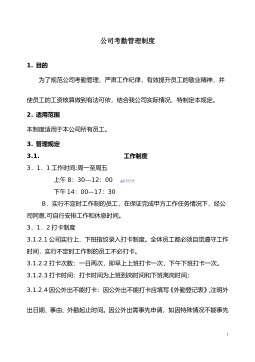
 2024-11-29 9
2024-11-29 9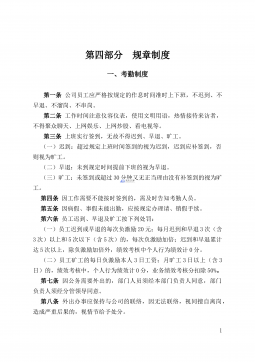
 2024-11-29 10
2024-11-29 10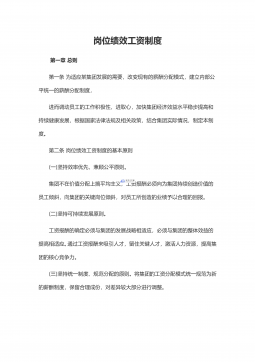
 2024-11-29 10
2024-11-29 10
 2024-11-29 11
2024-11-29 11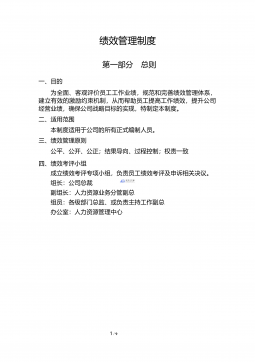
 2024-11-29 12
2024-11-29 12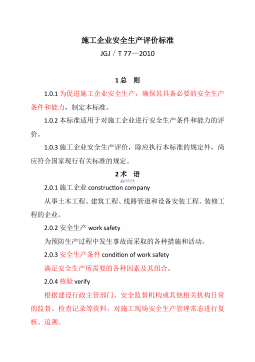
 2024-12-14 191
2024-12-14 191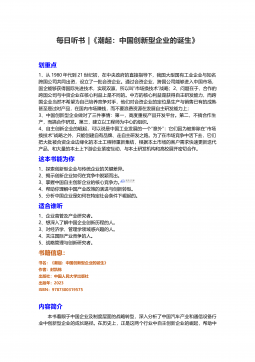
 2024-12-14 59
2024-12-14 59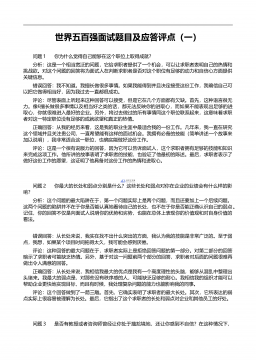
 2024-12-15 67
2024-12-15 67
 2025-01-13 134
2025-01-13 134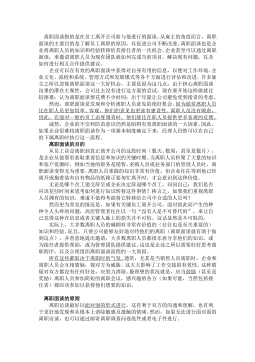
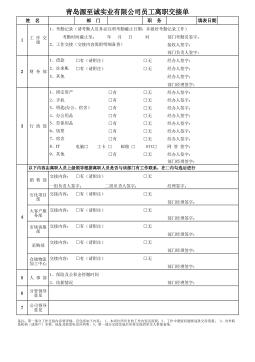

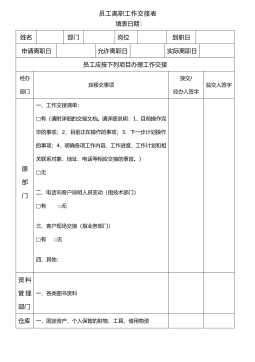
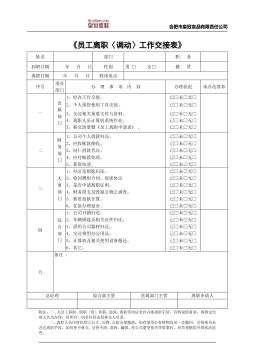



 渝公网安备50010702506394
渝公网安备50010702506394
